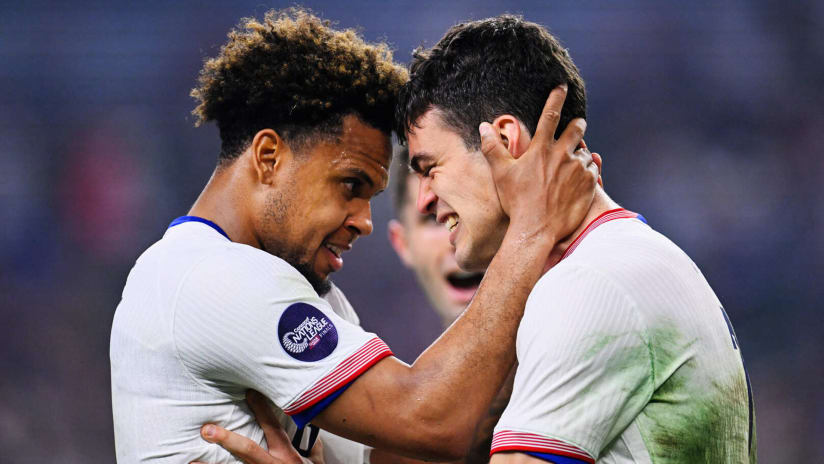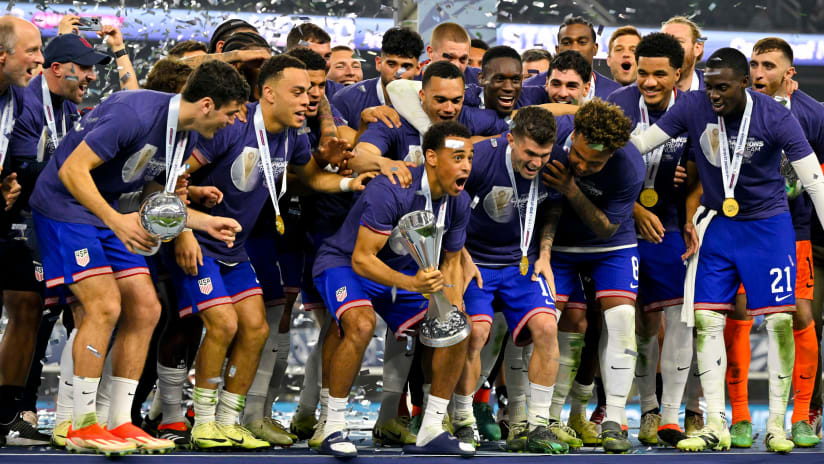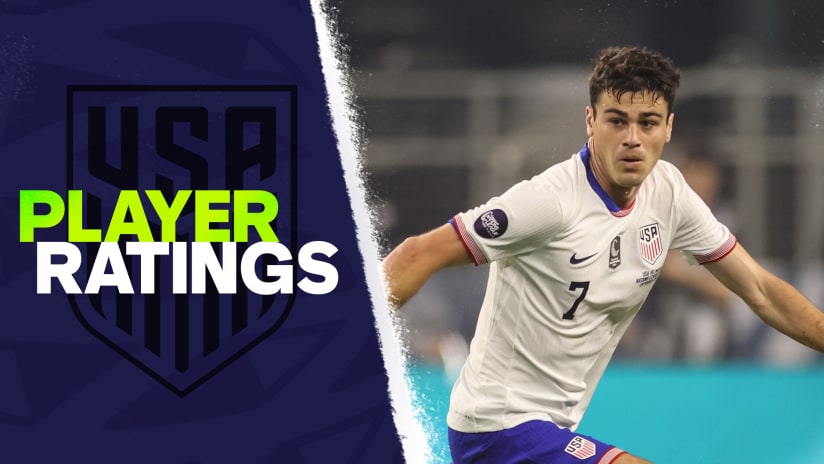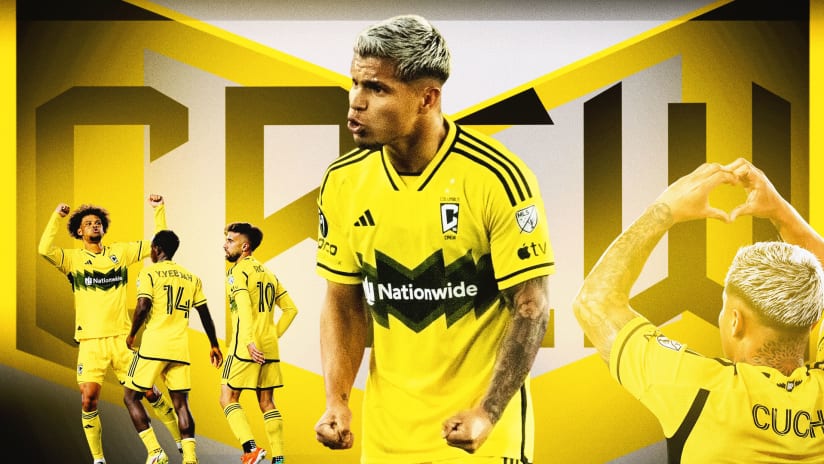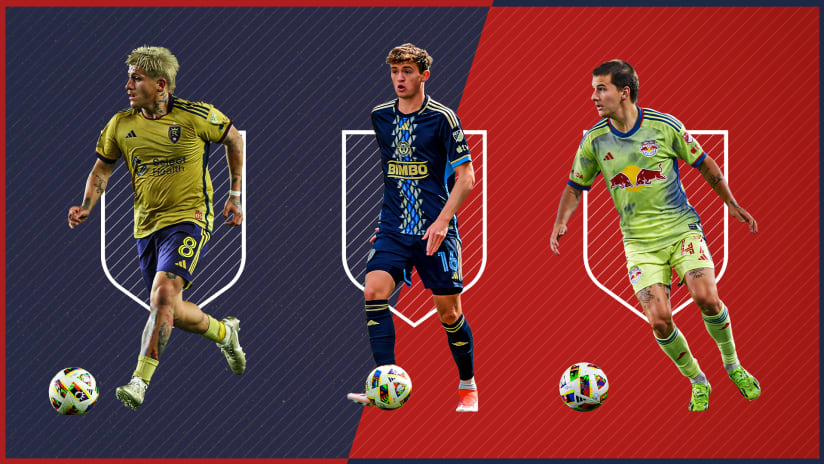PHILADELPHIA – Should United States national team fans get used to the idea of playing in third-place games?
After a disappointing Gold Cup campaign that saw the US win Group A in unconvincing fashion before flaming out in the semifinals to Jamaica, it’s a question at least worth considering ahead of Saturday’s consolation match against Panama (4 pm ET; FOX Sports 2, Univision, Sportsnet).
The rationale is not that the US is regressing; rather it’s clear a rising competitive tide in CONCACAF is raising boats in Central America and the Caribbean, meaning domination by the US and Mexico, the region’s long-reigning duopoly, can no longer be safely assumed.
US captain Michael Bradley isn’t buying that storyline, but not for the reasons you might think.
“There’s this prevailing narrative that competition is rising. It’s never been easy,” Bradley said. “Never. I’ve played in Gold Cups, World Cup qualifiers. These games are dogfights in every way. This idea that ‘Well, it used to be a breeze for us, and now it’s not’ – it’s not true.”
Bradley, of course, has a point. The US have been wildly successful in CONCACAF and its marquee tournament since the early 90s, but it certainly hasn’t been a cakewalk.
Still, it’s also hard to look at the Americans’ five Gold Cup titles, nine final appearances in 12 tries – five straight until this year’s Mexico-Jamaica clash, the first ever for the Reggae Boyz – and 52-8-6 all-time record in the competition without recognizing the gap between the US and the rest of the region outside El Tri.
Defender DaMarcus Beasley has been navigating CONCACAF since he broke into the U-17 setup in 1999, a 16-year span that’s seen nations throughout the region gradually raise their level.
“Every team is progressing, from the youth standpoint all the way up to the first team. The competition is so much higher,” Beasley said. “… Back in my day, when I started with the national team, if you played Panama or Haiti, those games would be a little easier than they are now.
“They’ve done a tremendous job with their youth systems, developing players. Just like we’re trying to do with ours. They’re definitely catching up to the quote-unquote top two dogs in CONCACAF, Mexico and USA. It’s great to have a lot more competition in our region. I can’t see it falling off.”
To wit, Panama have become a stern test for the Americans, defeating the US during the 2011 Gold Cup group stages, narrowly losing the 2013 final via a Brek Shea winner and coming minutes from earning a Hexagonal home win in October 2013 that would have sent Los Canaleros to a World Cup playoff. They then drew Jurgen Klinsmann’s team, 1-1, in the group finale in this summer’s tournament and would be playing in a second straight final if not for a controversial penalty against Mexico in the semis.
Haiti, meanwhile, lost 1-0 to the US on July 10 despite pushing their much-fancied opponent to their limits, and made the knockout stages for just the third time in their history.
Anyone who watched the Hex and World Cup knows just how formidable Costa Rica have become, though they largely failed to meet expectations during the Gold Cup, and Jamaica are the darlings of the tournament, playing for their first-ever title on Sunday against Mexico (7:30 pm ET; FOX Sports 1, Univision, Sportsnet).
So while Bradley’s right – it’s never been easy – it’s also clear navigating the wiles of a rapidly rising region is only going to get harder in the future.
“You can say it a million times, people don’t know how tough it is in CONCACAF,” Brad Evans said. “It will never resonate until we consistently do well in World Cups. Last one, we showed well, especially with Costa Rica. At the same time, you can definitely say it’s progression. We’ve got to be aware of that. There’s always going to be guys nipping on their heels.”


